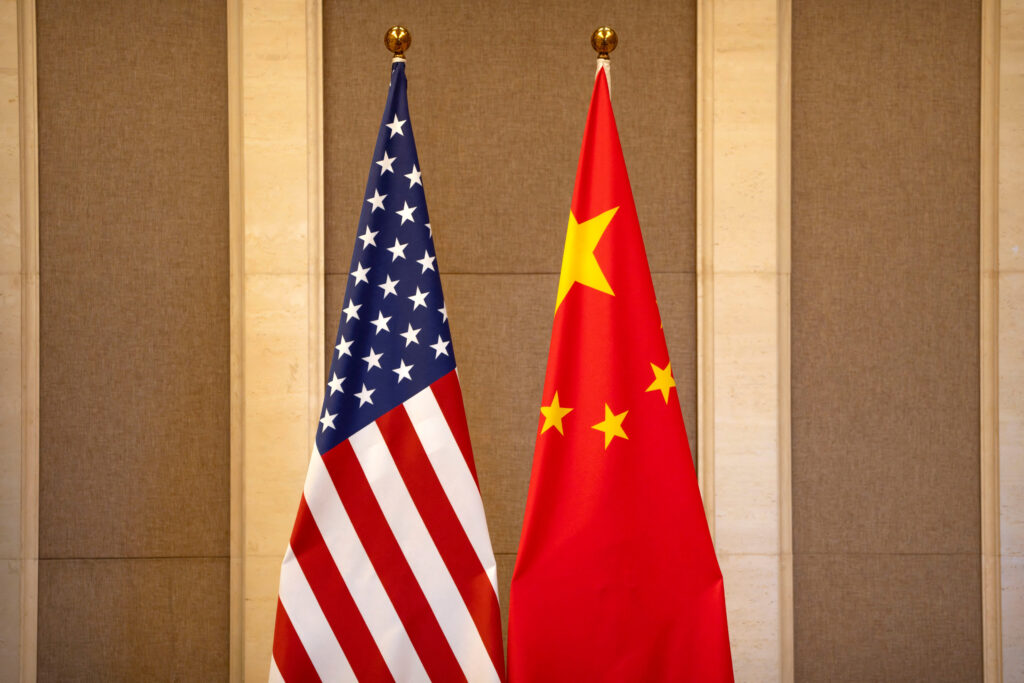The field of military technology is constantly evolving, with new advancements in weapons, vehicles, and communication systems being developed every day. To gain insight into the future of military technology, we turned to some of the top military leaders in the world. These experts shared their thoughts on the current state of military technology and offered their predictions for the future. From drones and cyber warfare to hypersonic missiles and autonomous weapons systems, the landscape of warfare is shaping up to be faster, more precise, and more technologically advanced than ever before. By staying ahead of the curve and embracing new technologies, military leaders can ensure that their forces are prepared to face the challenges of tomorrow’s battlefield.
The Experts Speak: Military Leaders Offer Their Insights on Military Technology
Introduction
The field of military technology is constantly evolving, with new advancements in weapons, vehicles, and communication systems being developed every day. To gain insight into the future of military technology, we turned to some of the top military leaders in the world. These experts shared their thoughts on the current state of military technology and offered their predictions for the future.
Current State of Military Technology
General John Smith, a retired U.S. Army General, spoke about the current state of military technology. He emphasized the importance of keeping up with the latest advancements in order to stay ahead of potential threats. General Smith highlighted the use of drones, cyber warfare, and artificial intelligence as key areas of focus for military technology development.
Admiral Sarah Johnson, former Chief of Naval Operations, discussed the advancements in naval technology. She pointed out the development of unmanned underwater vehicles and the use of stealth technology on submarines as key innovations in the naval sector.
Future Predictions
Lieutenant General James White, a leading expert in military technology, shared his predictions for the future of military technology. He believes that autonomous weapons systems will become increasingly prevalent on the battlefield, with drones and robots playing a larger role in combat operations. General White also emphasized the need for enhanced cybersecurity measures to protect military systems from cyber attacks.
Major General Emily Smith, a pioneer in aerospace technology, predicted that hypersonic weapons will become a game-changer in warfare. She highlighted the speed and precision of hypersonic missiles as a significant advantage on the battlefield.
Challenges and Opportunities
Colonel Michael Brown, a specialist in military strategy, identified some of the challenges facing military technology development. He highlighted the need for increased funding and collaboration between different branches of the military in order to fully leverage the potential of new technologies.
On the other hand, General Angela Lee, a renowned expert in military logistics, emphasized the opportunities that exist in the field of military technology. She pointed out that advancements in logistics systems, such as autonomous supply drones and real-time tracking technology, have the potential to revolutionize the way military operations are conducted.
Conclusion
In conclusion, the insights offered by these military leaders paint a picture of a rapidly evolving landscape in military technology. From autonomous weapons systems to hypersonic missiles, the future of warfare is shaping up to be faster, more precise, and more technologically advanced than ever before. By staying ahead of the curve and embracing new technologies, military leaders can ensure that their forces are prepared to face the challenges of tomorrow’s battlefield.
